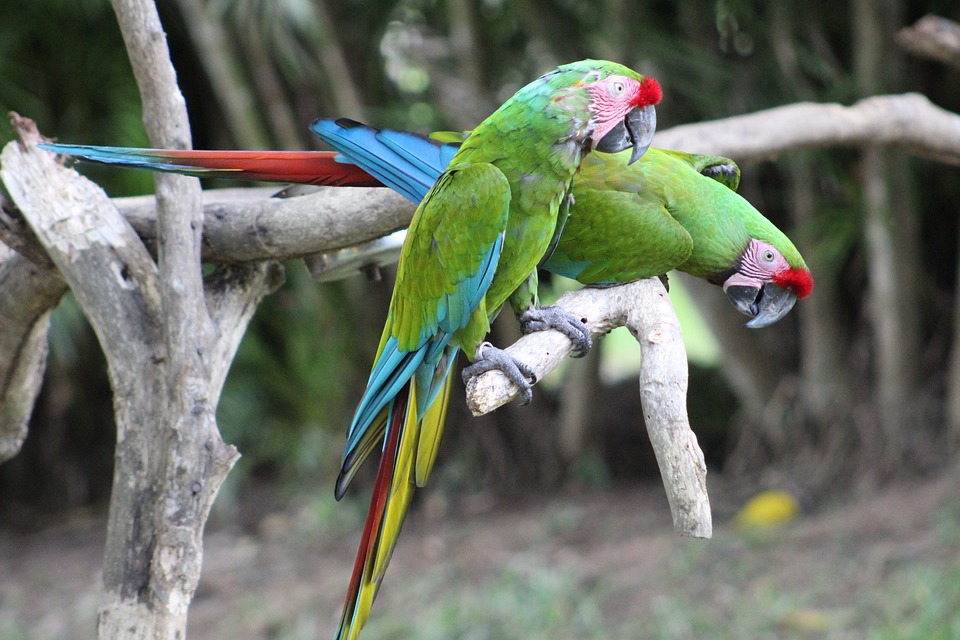In this article, we will explore the fascinating world of parrot sleep patterns and offer insights into how to ensure your parrot gets the rest it needs. Adequate sleep is essential for a parrot’s physical and mental health, and understanding their sleep patterns can help create an environment that promotes healthy sleep.
Parrots are diurnal creatures, meaning they are most active during the day and sleep at night. In the wild, parrots typically wake up at sunrise and go to sleep at sunset. However, domesticated parrots may adjust their sleep patterns to align with their human caretakers.
Parrots are known to take short naps throughout the day, especially during mid-morning and mid-afternoon. These power naps help them recharge and maintain their energy levels. On average, parrots require around 10 to 12 hours of sleep per night. However, individual needs may vary based on species, age, and environmental factors. It’s crucial to observe your parrot’s behavior and adjust their sleep schedule accordingly.
Several environmental factors can affect a parrot’s sleep. Light exposure is a crucial factor in regulating a parrot’s sleep-wake cycle. Mimicking natural daylight by providing 10 to 12 hours of light in their environment helps maintain their circadian rhythm. Avoid exposing your parrot to bright lights or screens during nighttime hours, as it can disrupt their sleep.
Noise disturbances can also interrupt a parrot’s sleep. Ensure that your parrot’s sleeping area is quiet and free from loud noises, such as televisions or household appliances. Parrots are highly sensitive to temperature and humidity changes. Maintain a comfortable environment with temperatures ranging from 65-85°F (18-29°C) and humidity levels between 40-70%.
There are several signs of sleep problems in parrots that owners should be aware of. Excessive daytime sleep or difficulty staying awake may indicate an underlying health issue or sleep disorder. Restlessness, pacing, or difficulty falling asleep can be signs of stress, discomfort, or inadequate sleep conditions. Sleep deprivation can lead to behavioral changes such as irritability, aggression, or decreased cognitive function. If you notice any significant changes in your parrot’s behavior, consult a veterinarian.
To create a suitable sleeping environment for your parrot, provide a cozy, quiet, and dark sleeping area. Covering their cage with a breathable cloth or using cage curtains can help create a suitable sleeping environment. While parrots can sleep with dim lighting, it’s best to provide them with a dark and quiet sleeping environment to ensure they get the quality sleep they need.
Parrots may take short naps during the day, but their primary sleep period occurs at night. It’s essential to provide them with uninterrupted sleep during their nocturnal rest. While it’s challenging to determine if parrots dream, their sleep patterns suggest that they do experience REM (Rapid Eye Movement) sleep, which is associated with dreaming in humans.
Understanding parrot sleep patterns is crucial for providing the best care for your feathered companion. By creating a suitable sleep environment and addressing any sleep-related issues promptly, you can ensure your parrot enjoys a restful and rejuvenating sleep, leading to a happier and healthier life.









